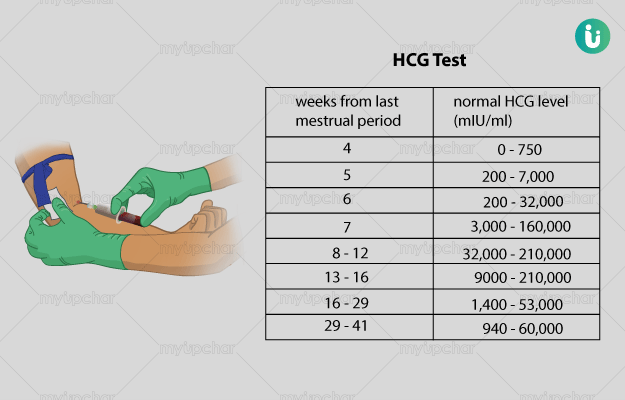A client at 8-weeks gestation presents to the office with a report of vaginal bleeding for the last 12 hours without cramping. Which action should the practical nurse (PN) take?
Check serum human chorionic gonadotropin.
Verify the date of the last menstrual cycle.
Repeat a urine pregnancy test.
Inquire about the last occurrence of intercourse.
The Correct Answer is A
The first action the PN should take is to check the client's serum human chorionic gonadotropin (hCG) level. This hormone is produced by the placenta and can provide important information about the viability of the pregnancy.
Option B, verifying the date of the last menstrual cycle, can provide useful information about the gestational age of the pregnancy but is not the first priority.
Option C, repeating a urine pregnancy test, can confirm the presence of a pregnancy but does not provide information about its viability.
Option D, inquiring about the last occurrence of intercourse, is not relevant to addressing the client's immediate concern of vaginal bleeding.

Nursing Test Bank
Naxlex Comprehensive Predictor Exams
Related Questions
Correct Answer is A
Explanation
The first action the PN should take is to check the client's serum human chorionic gonadotropin (hCG) level. This hormone is produced by the placenta and can provide important information about the viability of the pregnancy.
Option B, verifying the date of the last menstrual cycle, can provide useful information about the gestational age of the pregnancy but is not the first priority.
Option C, repeating a urine pregnancy test, can confirm the presence of a pregnancy but does not provide information about its viability.
Option D, inquiring about the last occurrence of intercourse, is not relevant to addressing the client's immediate concern of vaginal bleeding.

Correct Answer is A
Explanation
The fact that the patient is being treated for depression and is currently taking an antidepressant medication suggests that his loss of interest in sexual intimacy may be related to his medication. Certain antidepressants can cause sexual dysfunction, including decreased libido.
Therefore, obtaining a list of medications currently being taken (A) is the most important information for the PN to obtain. While marital discord (B), frequency of sexual activity (C), and alcohol consumption (D) may be relevant information, they are not as directly related to the patient's current complaint as his medication use.
Whether you are a student looking to ace your exams or a practicing nurse seeking to enhance your expertise , our nursing education contents will empower you with the confidence and competence to make a difference in the lives of patients and become a respected leader in the healthcare field.
Visit Naxlex, invest in your future and unlock endless possibilities with our unparalleled nursing education contents today
Report Wrong Answer on the Current Question
Do you disagree with the answer? If yes, what is your expected answer? Explain.
Kindly be descriptive with the issue you are facing.
